Definitions
Employer Inclusivity Assessment
BIPOC: The term stands for ‘Black, Indigenous, People of Color’ and it is meant to unite all people of color, while intentionally acknowledging that Black and Indigenous people face the worst consequences of systemic racism.
BIPOC community leader: A BIPOC individual who is respected in their local community and has an active social or political role, including as an entrepreneur, elected official, community organizer, or religious leader.
Cultural competence: The ability to understand, appreciate and interact with people from cultures or belief systems different from one's own.
Discrimination:The unjust or prejudicial treatment of a particular group of people, especially on the basis of race or ethnicity.
Diversity: Psychological, physical, and social differences that occur among individuals; including but not limited to race, ethnicity, nationality, language, age, gender, or sexual orientation.
Employee resource group (ERG): A group of employees who formally associate together in the workplace based on shared identities or life experiences.
Family-sustaining wage: A wage that covers cost of food, child care, health care, housing, transportation and other necessities for one's family.
Historically disinvested community: A community in a self-reinforcing cycle of limited investment, in which further development requires financial resources, and resource-directing institutions require further development before investing.
Implicit bias: Bias or prejudice operating at the subconscious level of which individuals are often unaware.
Inclusion: Creating environments that embrace differences and in which any individual can feel welcomed, respected, supported, and valued to fully participate and bring their authentic self.
Institutional racism: The systematic distribution of resources, power, and opportunity to the benefit of people who are white and the exclusion of people of color, requiring continual intentionality to dismantle.
Individual racism: Prejudicial or discriminatory beliefs, attitudes, or actions toward an individual on the basis of their membership in a particular racial or ethnic group.
Microaggression: Everyday verbal, nonverbal, and environmental slights, whether intentional or unintentional, which communicate hostile, derogatory, or negative messages to target individuals based solely upon their membership in a marginalized group.
Minority Business Enterprise (MBE): A third-party certification for businesses that are majority-owned (i.e., at least 51%) by United States citizens who identify as Black, Indigenous, Asian, and/or Hispanic.
Professional development plan: A formal, written document for the purpose of planning career development or advancement.
Racial equity: The condition in which one’s race identity has no influence on how one fares in society, including the elimination of policies, practices, attitudes, and cultural messages that reinforce differential outcomes by race.
